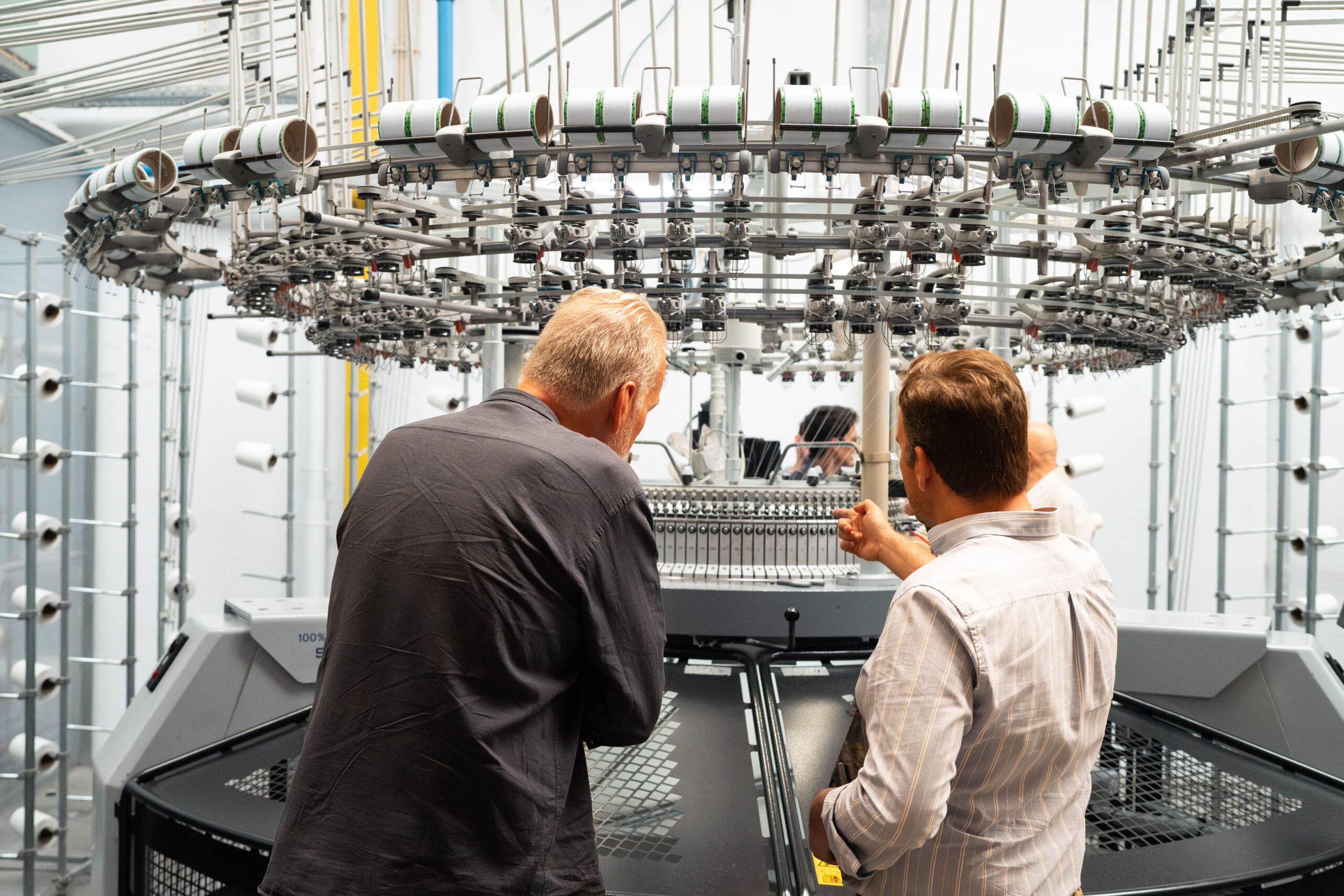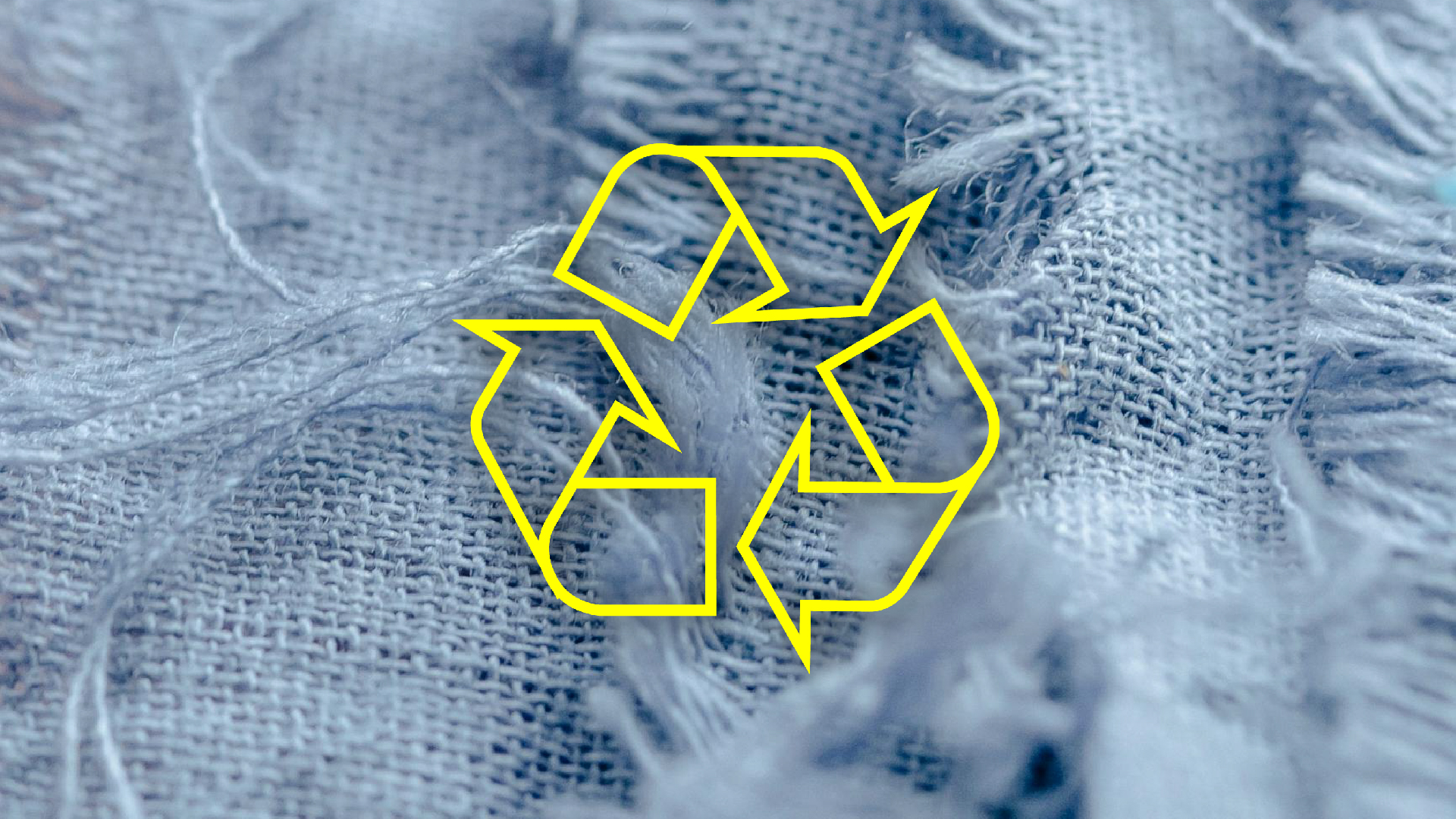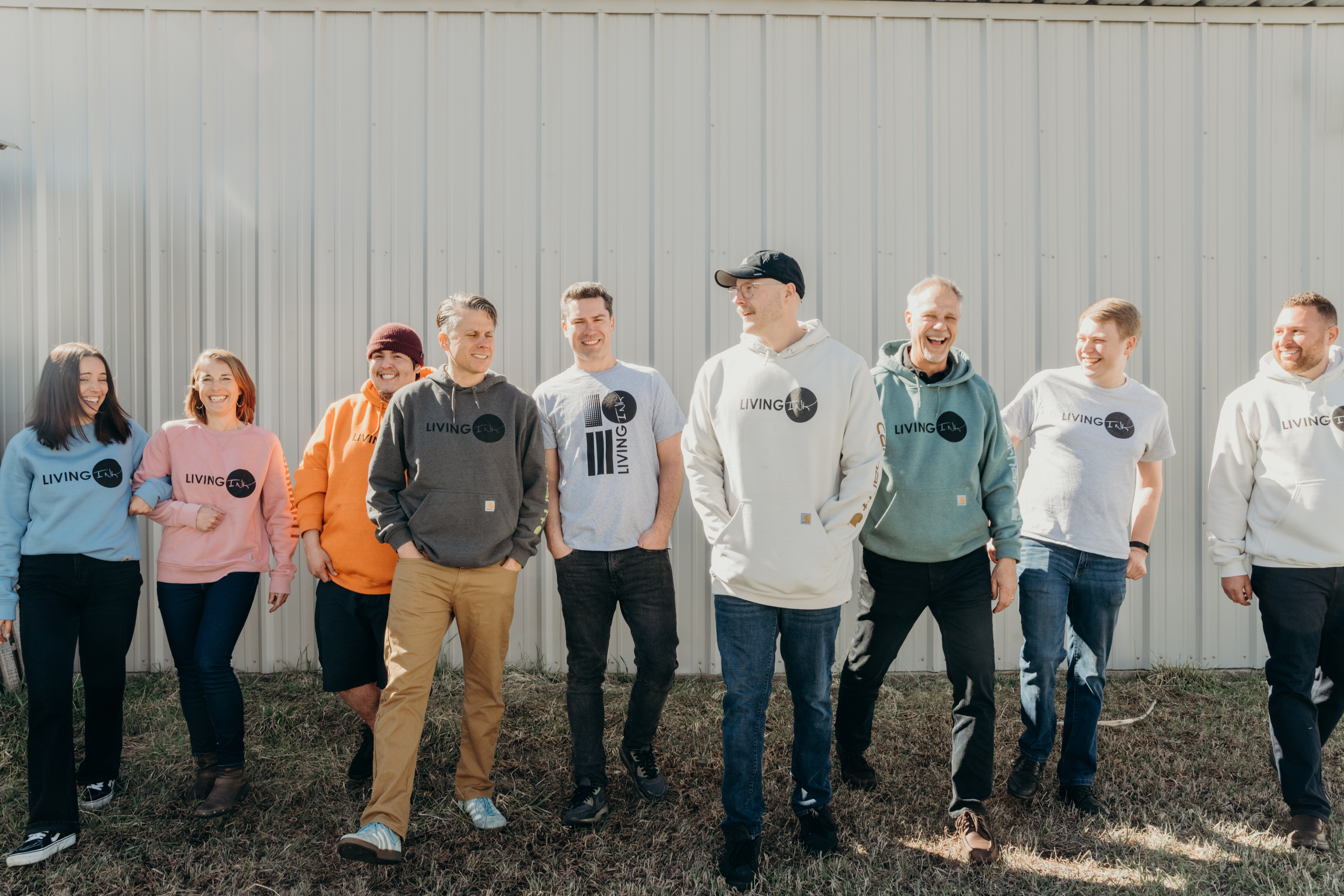Fashion for Good’s Newest Project with BESTSELLER, Inditex, and Reformation Prototypes Kintra Fibers’ Biobased Polyester
Kintra Fibers yarns at their Brooklyn, NY lab. Image credit: Kintra Fibers.
11 APRIL 2023
AMSTERDAM – Orchestrated by Fashion for Good, the project allows brands to prototype Kintra Fibers’ materials in a year-long collaborative engagement.
“Kintra’s yarns and fabrics offer a versatility similar to traditional polyester, making them ideal for luxury, athletic, and ready-to-wear markets. Each brand in the consortium has chosen an application that is unique to their product design needs and sustainability goals. The consortium gains the benefit of advancing multiple applications using Kintra’s materials while prototyping just one.” — Katrin Ley, Managing Director at Fashion for Good
Industry leaders BESTSELLER, Inditex and Reformation have come together as a consortium to prototype Kintra’s materials in their product lines, driven by a shared goal to explore more sustainable materials and processes.
With a successful $8 million Series A funding round, Kintra Fibers is positioned to scale their resin and yarn production capacities in line with the volume demands of their brand partners. The funding was led by H&M Group, with participation from BESTSELLER Invest FWD, Fashion for Good, New York Ventures, Tech Council Ventures, FAB Ventures, and a selected group of angel investors from the fashion industry.
Kintra’s material has undergone yarn testing, which shows impressive strength and durability comparable to traditional polyester, while also being much softer. Additionally, the material possesses an inherent stretch quality, with yarn test results indicating a stretch recovery of 10-15%, resulting in a comfortable stretch. The team has tested these properties in various fabric constructions, including silk-like satin wovens, technical outerwear wovens, and knits produced using air-jet texturing and draw-texturing processes.
“Given the significant environmental impact of traditional polyester and the expected growth of the synthetic fibre market, there is a clear need for the industry to change. Kintra Fibers fits our Invest FWD strategy where we continuously investigate alternative fibres for long-term viability, and we are excited to be among the brands taking action to help Kintra Fibers scale its promising solution.” — Camilla Skjønning Jørgensen, Innovation Manager at BESTSELLER
This unique combination of strength, softness, and comfort stretch recovery produces a material with an ultra-soft hand feel and elegant drape without compromising the garment’s durability and longevity. This blend of characteristics has additional environmental benefits since textile engineers generally require blending traditional polyester with cotton and spandex to achieve a soft, strong, and comfortable stretch material. Kintra’s mono-material construction provides all of these performance benefits, while also making recycling easier.
“We’re proud to collaborate with Kintra Fibers and Fashion for Good as part of the first consortium of brands to prototype Kintra’s materials. Innovations like this that help reduce our reliance on fossil fuel-based synthetics are essential to our sustainability efforts at Reformation, particularly our goal to be Climate Positive by 2025. It’s on us as an industry to take an active role in scaling next generation solutions, like Kintra, that have the potential to power the future of fashion.” — Kathleen Talbot, Chief Sustainability Officer and Vice President of Operations at Reformation
Kintra Fibers estimates its environmental impact by comparing its raw materials and resin production processes to traditional polyester, in doing so, they found that their resin production could result in a 95% reduction in GHG emissions, a 30% reduction in water usage, and a 20% reduction in energy consumption. The team anticipates even greater energy savings when it completes a full life cycle assessment, as its preliminary analysis did not include yarn spinning, dyeing, or finishing, for which Kintra uses a lower temperature than traditional polyester. Processing the material at lower temperatures could result in reduction of Scope 3 emissions in the manufacturing supply chain.
“Kintra’s solution aligns with both nature and existing industrial processes, empowering a transformation towards an industry that operates in harmony with the planet. By utilizing bio-based inputs and designing a biodegradable material from the outset, Kintra addresses the environmental impact caused by traditional polyester at every stage, from production to usage and end-of-life, providing a comprehensive solution for a truly circular fashion industry.” — Alissa Baier-Lentz, COO and Co-Founder of Kintra Fibers
Other Articles

In conversation with Smartex: Explore Smartex’s AI-driven solutions transforming quality control and reducing waste

Fashion for Good and Textile Exchange Team Up to Trace Textile Waste

